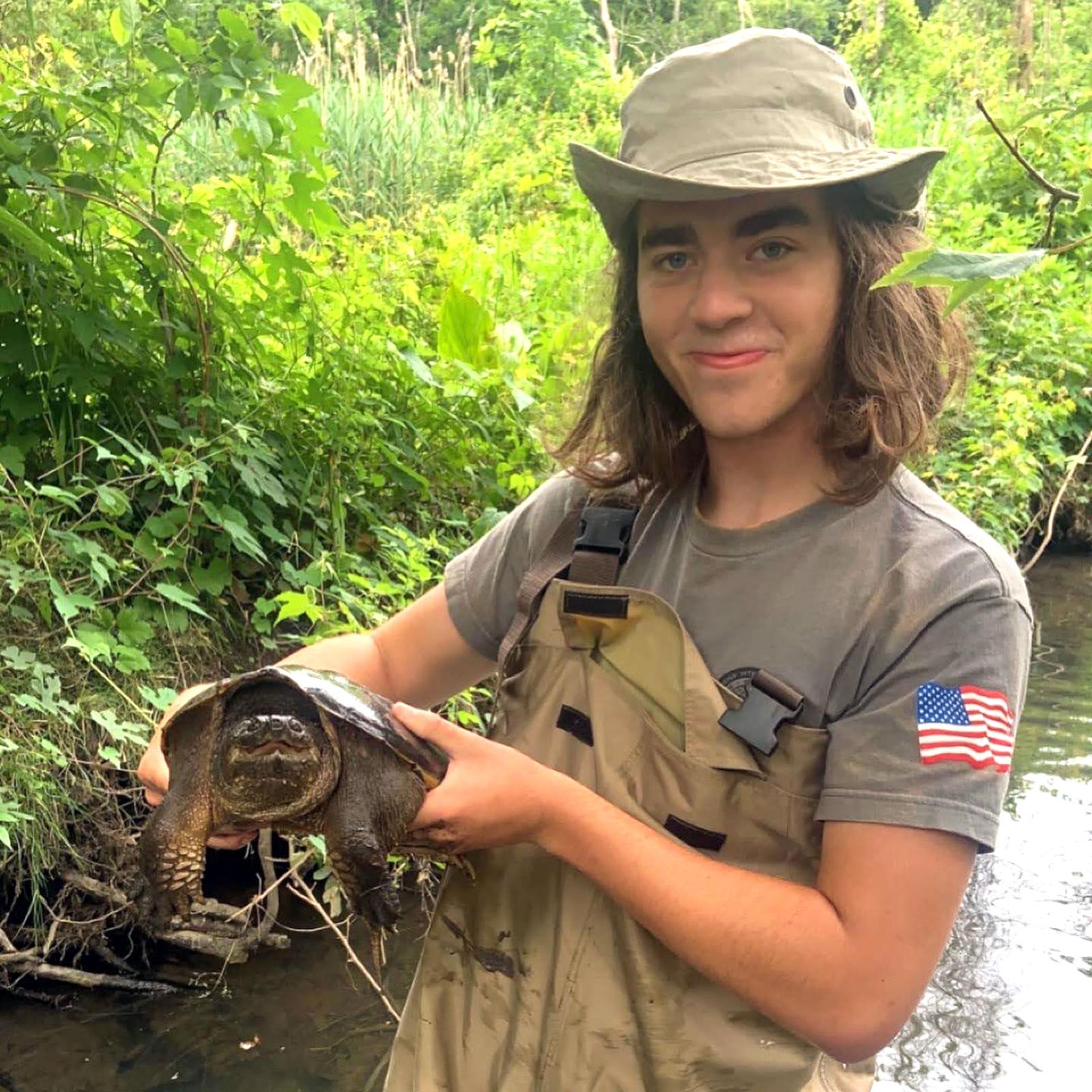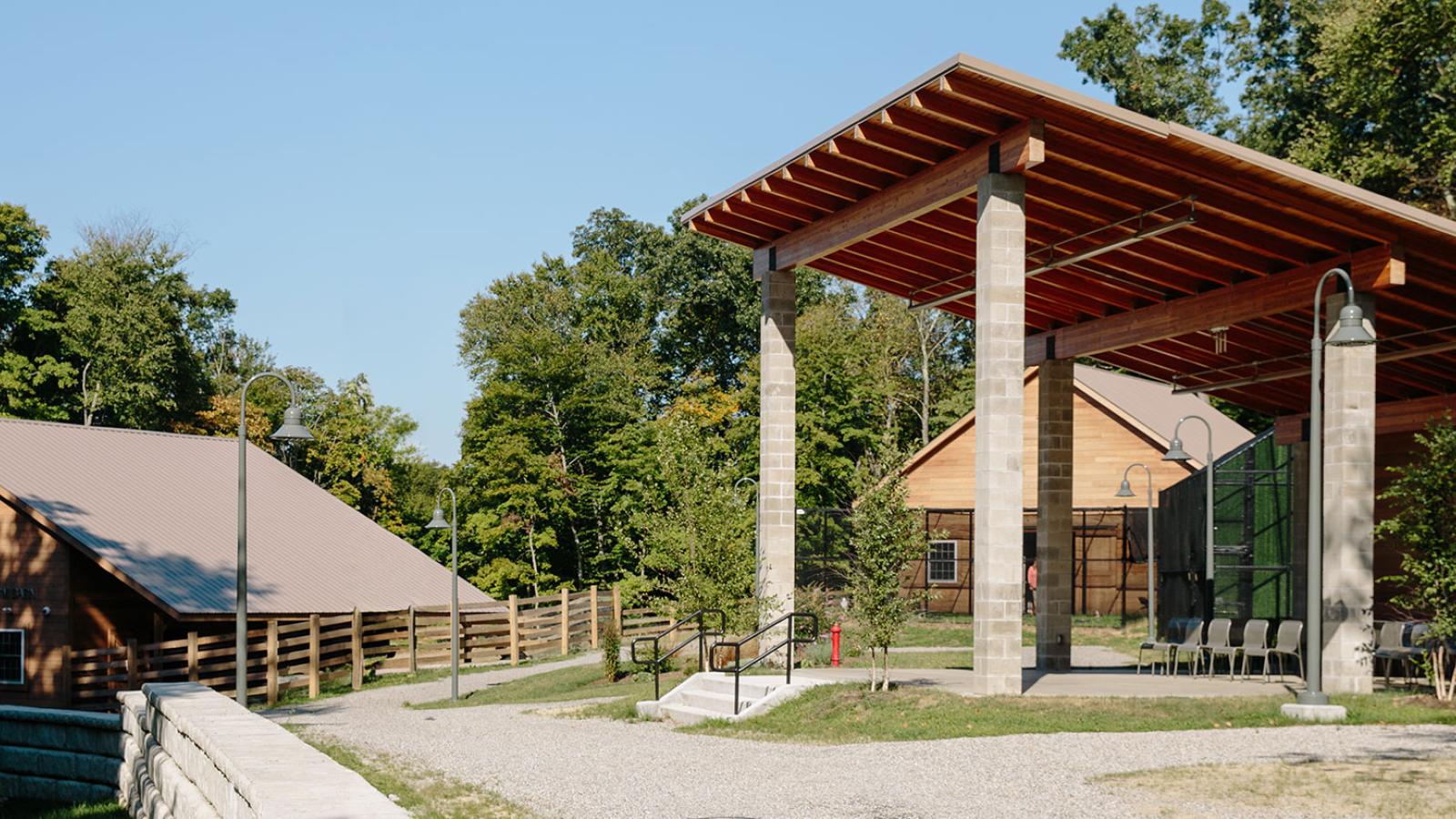Academic Programs
The Department of Environmental Studies and Science offers a master’s degree, undergraduate degrees, minors, and certificates that are supported by the Conservation Center.
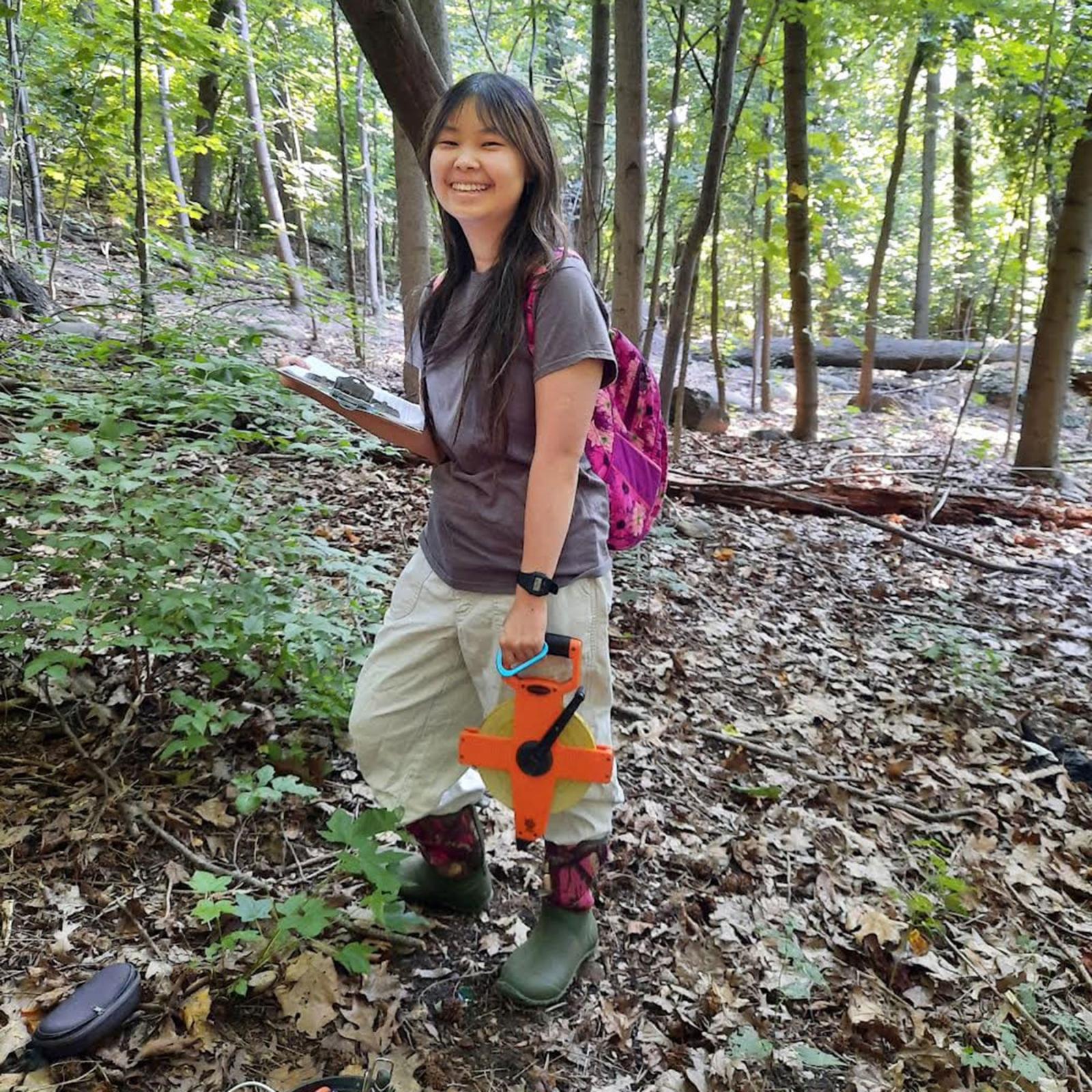
Public Programs
Conservation Center staff and faculty run programs for people of all ages and backgrounds. These programs are related to topics including ecosystem protection, wildlife conservation, and sustainability, and provide opportunities to apply that training to your community.
Programs include, but are not limited to, plant and animal identification, wildlife rehabilitation, and sustainable gardening. The Center also partners with the community to hold events on-campus including volunteer opportunities.
Join our mailing list to learn more about future events and programs held at the Center.
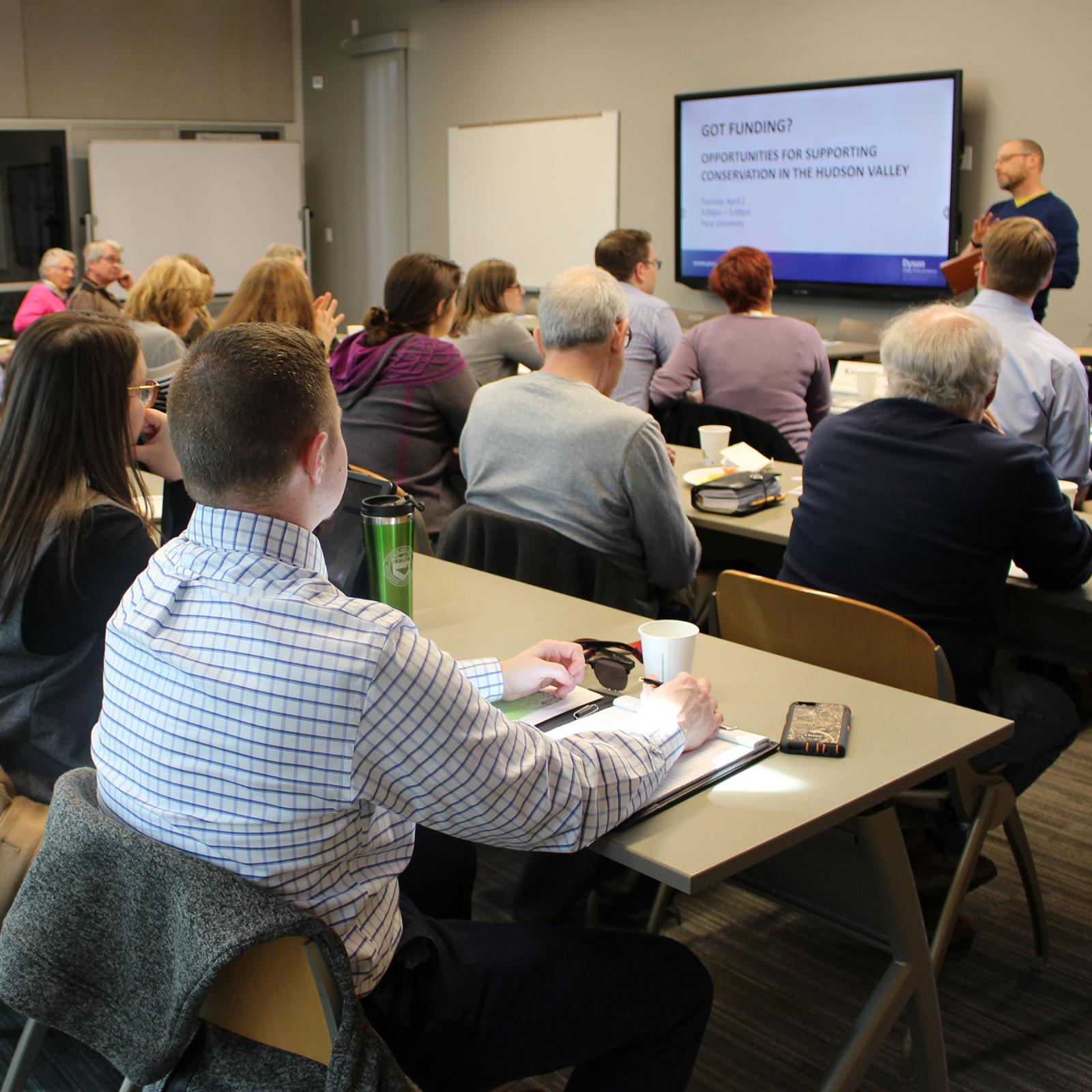
Wildlife Conservation Programs
The Conservation Center provides training in professional policy and advocacy skills while stewarding wildlife conservation. Through the Animal Policy Project, students learn to research an issue and to design and advocate for policies that can create change in local, state, or federal law.
The Center offers the Animal Advocacy Clinic, a three-credit course available to all students. The course teaches professional policy and advocacy skills through the practice of direct lobbying of legislatures and agencies regarding animal and wildlife welfare issues.
Through the Wildlife Rehabilitation Program, students learn best practices to care for wild animals, how to track disease trends and promote ecosystem health, and the importance of biodiversity protection.
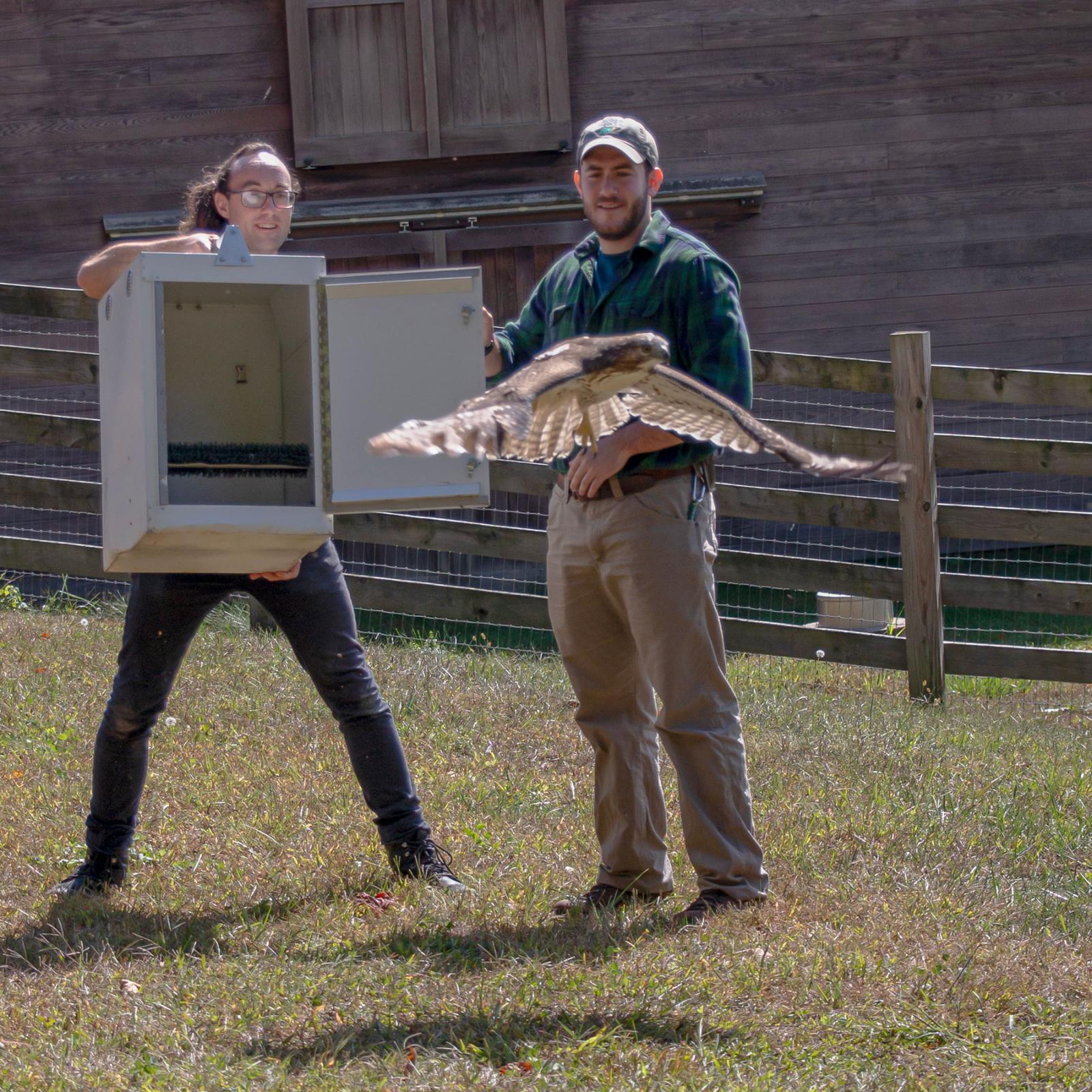
Environmental Conservation Programs
The Conservation Center offers an Environmental Conservation Certificate program that provides training for those interested in working with plants or animals, protecting habitats, or educating the public about the environment.
Open to the public, this five-course certificate program trains you to be highly competitive for employment in the conservation field, gaining practical experience that conservation organizations are looking for in entry-level positions.
The Conservation Certificate focuses on fieldwork and internships, which also fulfill major electives in either the Environmental Studies or Science degrees.
